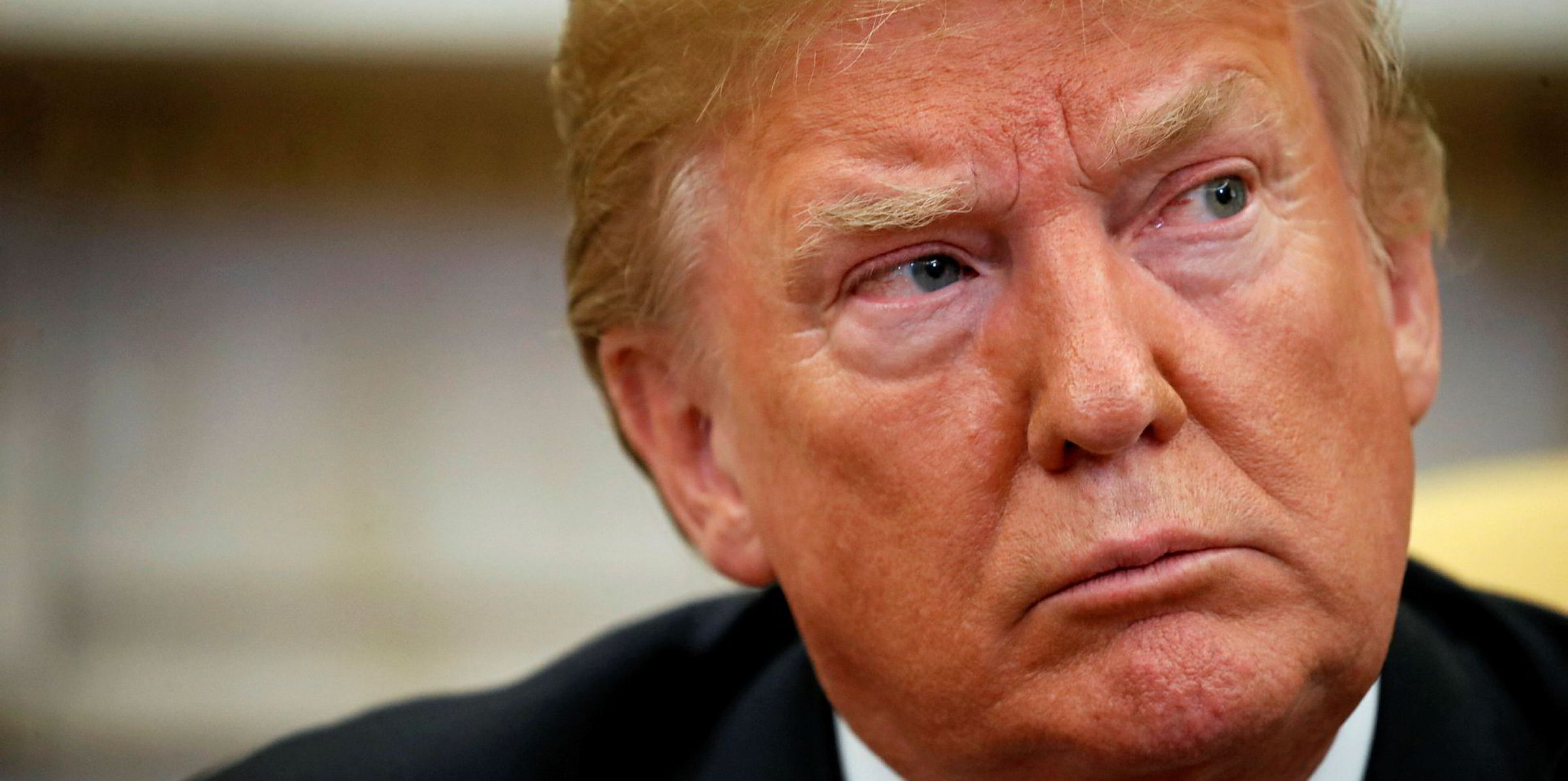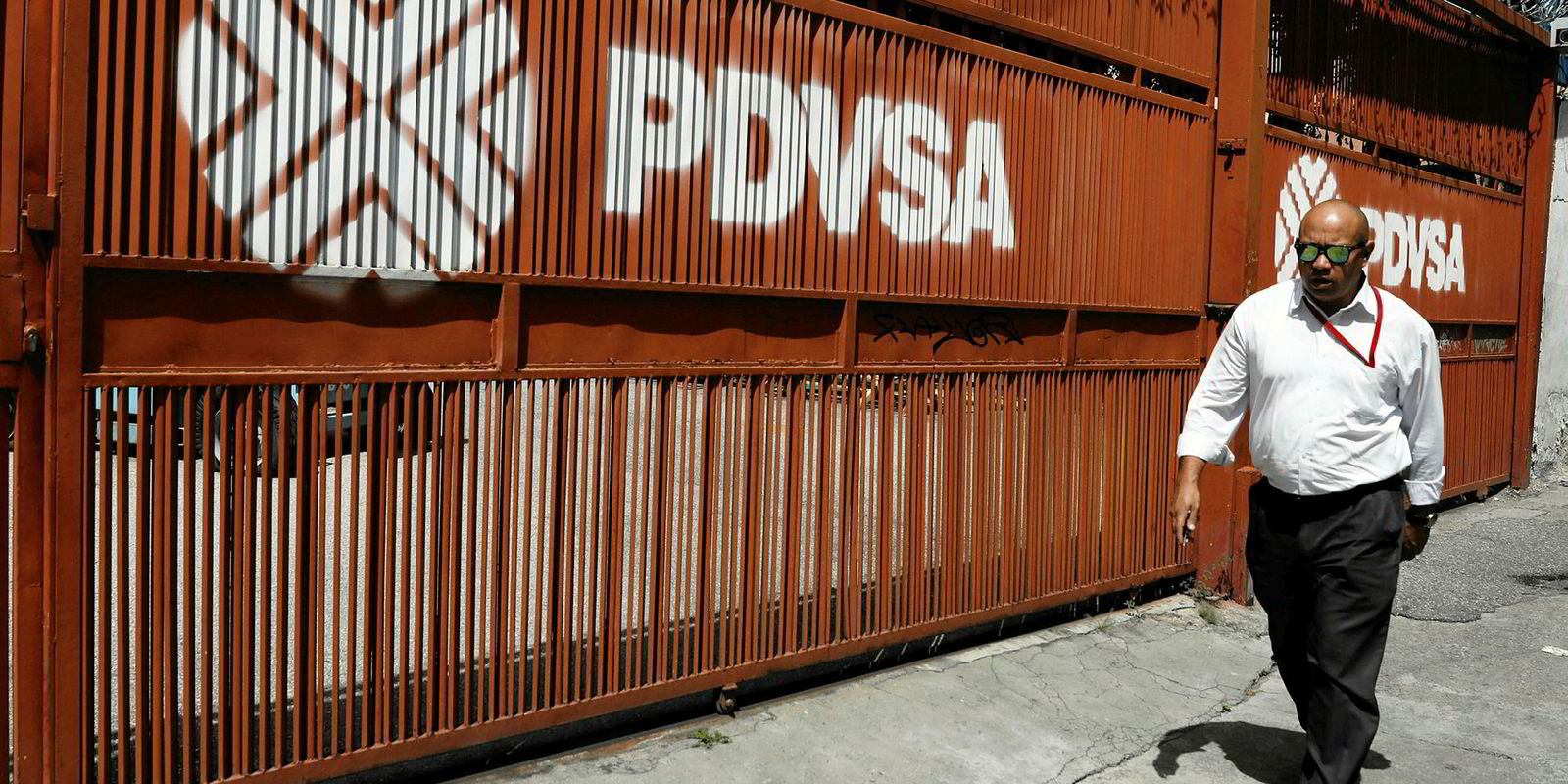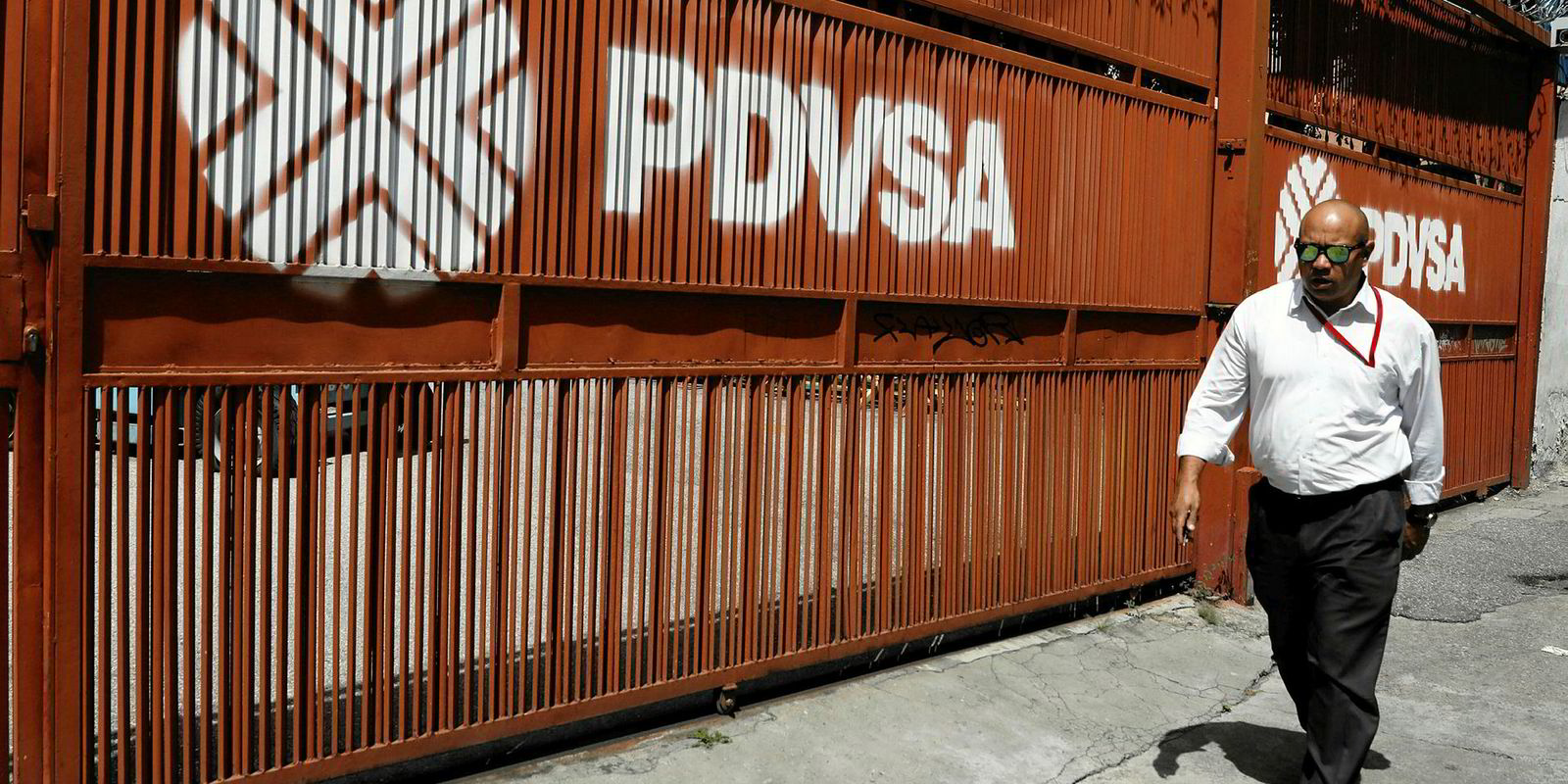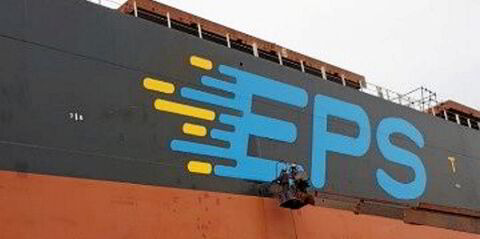His sanctions cut off fresh US debt financing to Petroleos de Venezuela (PDVSA) and cripple the state-run oil firm’s ability to maintain crude output. His harsh rhetoric against the Maduro regime at times prompts fears that a regional war is imminent.
However, by stopping short of imposing any direct sanction on Venezuela’s oil sector, President Donald Trump has kept US-Venezuela crude and product tanker trades alive and well. They are booming, even.
Having hit a multi-year low of 367,000 barrels per day (bpd) in December 2017, US imports of Venezuelan crude rebounded to average just more than 500,000 bpd from January to September, according to ClipperData. This is remarkable against the background of an overall fall in Venezuela’s exports, in line with collapsing domestic production.
Headline investments
Venezuelan crude exports amounted to 1.24 million bpd in the third quarter, down from 1.52 million bpd in the third quarter of 2017, according to Bloomberg. Exports to China, which has made some headline investments in Venezuela’s oil sector, dropped from 275,000 bpd to 226,000 bpd in the third quarter of this year.
Growing US demand has helped tighten the regional crude tanker market, according to some participants — even as a reduction in Chinese imports brings a reduction of long-haul shipments for VLCCs.
Data from VesselsValue shows 209 crude tanker shipments from Venezuela to the US between 1 January and 5 November, including 170 on aframaxes and 38 on suezmaxes .
“It goes without saying this is good for the aframax market in the Caribbean and helps contribute to the rate strength in the region,” VesselsValue analyst Court Smith said.
A source involved in Venezuelan trade, who requested anonymity, suggested the business has been driven by Citgo — a US-based subsidiary of PDVSA that processes Venezuelan grades of crude into other oil products. Venezuelan crude deliveries to countries outside the US are often to cover oil-for-debt payments, according to Matt Smith, ClipperData director of commodity research.
Naphtha requirements
On the product tanker side, Venezuela is playing a supporting role in the market. Curiously, this can also been attributed to PDVSA’s lack of funds to maintain its upstream and refining assets properly.
VesselsValue’s records show 122 product tanker voyages from the US to Venezuela between 1 January and 5 November , comprising 65 MR shipments, 45 on LR1s and six on LR2s.
A large portion of the trade is heavy naphtha, as Venezuela needs more of such diluents to blend with local crude because its quality continues to deteriorate.
“We see Venezuelan naphtha imports from the US averaging over 110,000 bpd this year, nearly double the volume seen in recent years,” Matt Smith said.
On the other hand, some officials suggest PDVSA’s worsening refining operations result in a greater need for overseas products in general. Unsurprisingly, the US emerges as a top supplier, with competitive pricing and lower freight costs when compared with other refining centres in the world, one official said.
Uncertainty ahead?
However, there have been several developments that could affect the booming US-Venezuela tanker trades.
Media reports suggest that some PDVSA creditors are planning to seize Citgo. If this cash cow is eventually sold to repay Venezuela’s debts, the oil trade with the US could take a serious hit.
Venezuela’s crude production may drop so much that PDVSA finds it difficult to maintain exports. According to the US Energy Information Administration, Venezuelan crude output collapsed from 1.94 million bpd a year ago to 1.23 million bpd in September. The Oxford Institute for Energy Studies has expected a production loss of 650,000 bpd this year and 250,000 bpd in 2019.
On the logistics side, Venezuela has largely turned to crude sales on a loading basis and product purchases on a delivery basis, so its shipments would not be affected by the fact that few owners are willing to charter out their ships to PDVSA. Charterers would be those who buy Venezuelan crude and sell products to it, although owners would still require a small premium for entering Venezuelan ports, according to some brokers.
Also, the Trump administration might not be in a hurry to impose more sanctions.
“Venezuela has been letting oil production decline on its own," Control Risks associate director Raul Gallegos said. "So there’s little need to sanction it under these circumstances. Plus, Chevron and other top companies have a presence in Venezuela ... their interests would be affected by sanctions on oil.
“The oil trade relationship between the two countries will continue as long as the US does not sanction Venezuela’s oil sector, which frankly we do not see happening at this time.”






